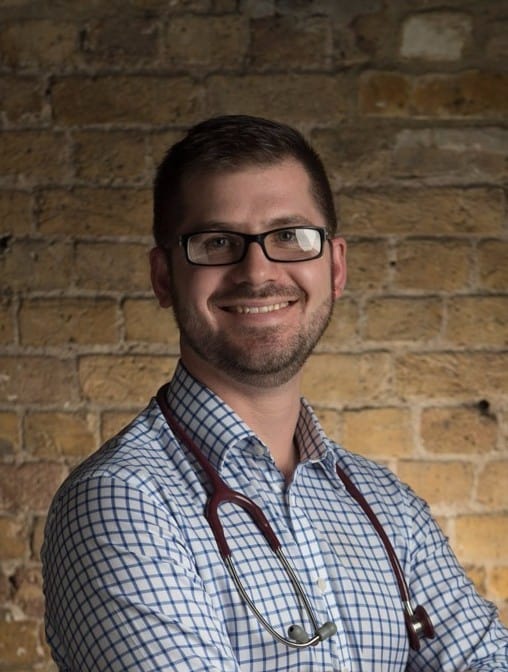World Diabetes day is a chance for us all in the ICB to reflect on how Diabetes is impacting people we know, our patients and our communities. Working as a GP, I can see the impact of a new Diabetes diagnosis on the face of patient in front of me. The uncertainty and worry about the diagnosis are plain to see.
We are seeing more Type 2 Diabetes in our community. This is partly owing to our ageing population, as Diabetes becomes more common as we age. The other reason is the gradual increase in the average population weight across the Western World. Treatment of complications of Diabetes is the costliest disease to the public purse, and treatments cost £10 Billion a year to the NHS. This number is set to rise with time and by 2035 it is expected one in ten of the population will be affected.
On this backdrop, the team across the Humber and North Yorkshire ICB have pulled together innovative strategies that can tackle the disease head on. Only since 2017 was it known that if a patient loses weight, they could reduce their risks of getting diabetes and if they already had the disease, then the markers and risks could also be reversed. This knowledge has spurred the NHS nationally to invest in programmes to prevent people from getting Diabetes in the first place and also ones to reverse Diabetes in affected people.
The National Diabetes Programme is a behavioural change programme targeted at patients at risk of developing Type 2 Diabetes. Without intervention half of them will develop the disease. Recent research has shown that if one completes this course, then the average person loses more than half a stone in weight and drops their personal risk of diabetes by 37%. With that in mind we have mapped the referrals from across our regions and supported low-referring practices to change how they do things. We’ve been more innovative too – partnering up with an external IT provider to find people who have been missed by usual methods. In a pilot across four practices, we found nearly 800 missed opportunities to refer patients and generated 395 additional referrals into the programme. We hope to use the same approaches across all HNY GP practices over the next year. This should have a colossal impact.
We’ve also been national innovators in how we encourage referrals to the Low Calorie Diet Program. This programme helps patients lose an average over 15kg over the first three months and 90% of people who start it, will continue for the year. One of my patients was under 50 and could not walk to the local shop. He lost a whopping 5 stone and fulfilled a lifetime ambition to climb Pen y Ghent with his 14 year old son.
The way we see it, the more people we get onto courses the fewer patients need that worried look on their face.

